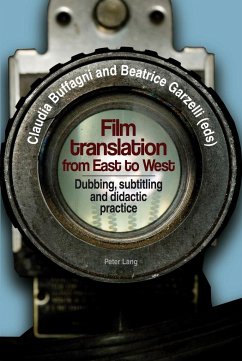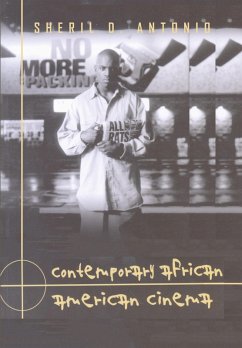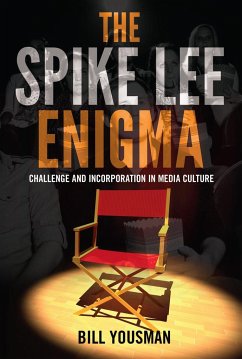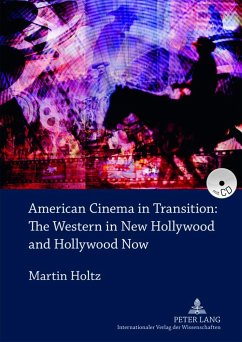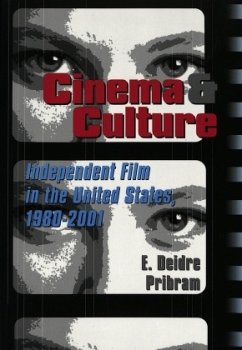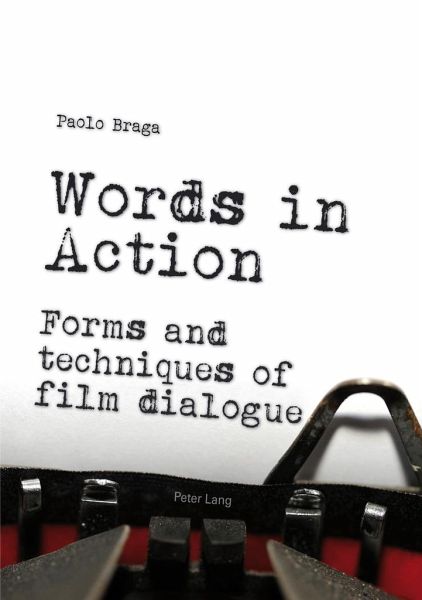
Words in Action
Forms and techniques of film dialogue
Versandkostenfrei!
Versandfertig in 6-10 Tagen
84,15 €
inkl. MwSt.

PAYBACK Punkte
0 °P sammeln!
Words in Action dedicates to the subject of film dialogue a comprehensive exploration. The book analyzes a wide series of examples, perfectly chosen in contemporary American mainstream cinema - from Gladiator to The Devil Wears Prada, from Schindler's List to A Beautiful Mind, from Collateral to The Dark Knight - and, in some cases, also in prime time TV drama - ER, The West Wing, House M.D., John Adams. In a screenplay, the secrets of well written dialogue are hidden in the construction of the scene, where every word should stem from the theme of the story. At the light of this basic assumpti...
Words in Action dedicates to the subject of film dialogue a comprehensive exploration. The book analyzes a wide series of examples, perfectly chosen in contemporary American mainstream cinema - from Gladiator to The Devil Wears Prada, from Schindler's List to A Beautiful Mind, from Collateral to The Dark Knight - and, in some cases, also in prime time TV drama - ER, The West Wing, House M.D., John Adams.
In a screenplay, the secrets of well written dialogue are hidden in the construction of the scene, where every word should stem from the theme of the story. At the light of this basic assumption, the book explores how Hollywood screenwriters create verbal duels assigning characters different frames of values and making the hero win by «reframing» what is at stake in the scene. The author elaborates on how Oscar winner authors such as Paul Haggis, Aaron Sorkin and Steven Zaillian create subtext. Finally, the book highlights the screenwriting techniques to cover exposition, an issue which gives the author also the opportunity to concentrate on the differences between dialogues in movies and in TV drama.
In a screenplay, the secrets of well written dialogue are hidden in the construction of the scene, where every word should stem from the theme of the story. At the light of this basic assumption, the book explores how Hollywood screenwriters create verbal duels assigning characters different frames of values and making the hero win by «reframing» what is at stake in the scene. The author elaborates on how Oscar winner authors such as Paul Haggis, Aaron Sorkin and Steven Zaillian create subtext. Finally, the book highlights the screenwriting techniques to cover exposition, an issue which gives the author also the opportunity to concentrate on the differences between dialogues in movies and in TV drama.






